March 2020: The Month in Review

Following the wonderful start to the year in January and February for the cellular agriculture field, March marked a precarious end to the first quarter for the world. Only time will tell if the changes caused by Covid-19 will impact our relationship with food and technology. From new awards to a new showcasing, we take a look at some of the highlights around the cellular agriculture ecosystem from this month.
Investments
While no company producing a cellular agriculture product announced funding this month, there were several notable companies that highlight how cell culture technology can be used to advance the future of food.
C16 Biosciences
From shampoo to everyday foods, palm oil is one of the most widely used vegetable oils in the world. It is also a major driver of deforestation in tropical forests. Deforestation caused by the palm oil industry alone also contributes around half a billion tons of greenhouse gas emissions. Enter C16 Biosciences.

Based in New York, C16 Biosciences is a startup that recently raised $20 million in Series A funding to use cell cultures to make palm oil. By training cells to produce their palm oil, the company aims to replace all palm oil products currently linked to deforestation. C16 Biosciences’ funding round was led by Breakthrough Energy Ventures, who previously invested in Motif FoodWorks' $90 million Series A round in February 2019. While not an animal product, C16 Biosciences shows how cell culture technology can be used to develop sustainable versions of important products in our food system.
Culture Biosciences
Along with C16 Bioscience, a company called Culture Biosciences raised $15 million in their Series A funding round to accelerate bio-manufacturing for businesses around the world. With a funding round led by Cultivian Sandbox Ventures, Culture Biosciences acts like a virtual fermentation lab, where companies can send their cells to be raised and tested. Unlike other companies only offer services for large testing sizes, Culture Biosciences offer small fermentation tank sizes to fit a startup’s testing needs.
While Culture Biosciences does not focus on making a product via cellular agriculture, their fermentation services will enable other companies to test their cell lines and products before scaling production. Culture Biosciences’ customers already include Clara Foods, Geltor, Modern Meadow, and C16 Biosciences. In February 2019, Culture Biosciences raised $5.5 million from Verily (formerly Google Life Science) for their seed round.
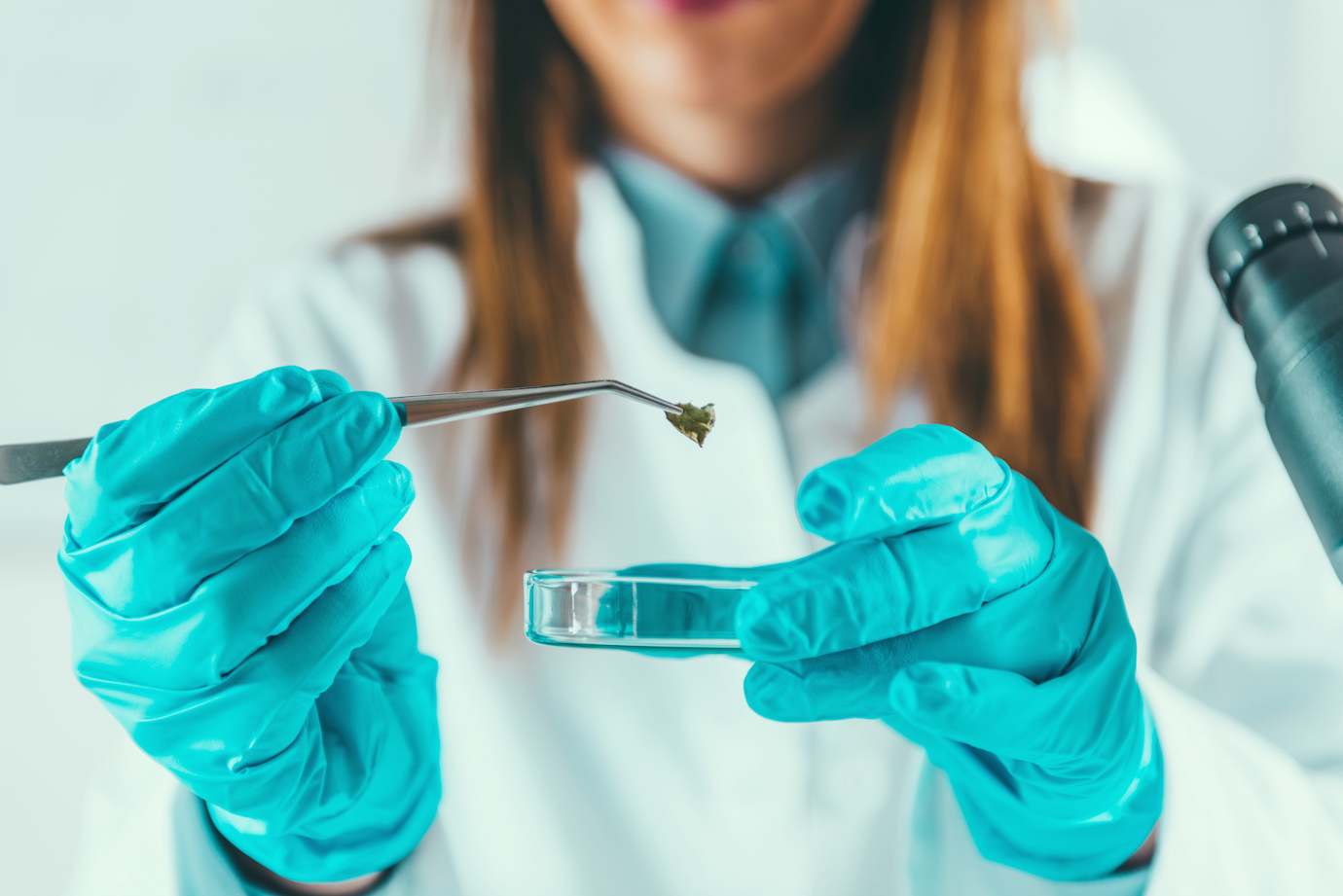
Aleph Farms: Using Soy Protein Scaffolds to Grow Beef
A research team led by Dr. Shulamit Levenberg, the co-founder and CSO of Aleph Farms, published a research paper in the Nature Food journal. The paper highlights that soy protein can be a custom, edible scaffold to produce more complex cell-based meat products. Volunteers who sampled the cell-based meat products with the soy scaffold say it had the texture and taste of beef.
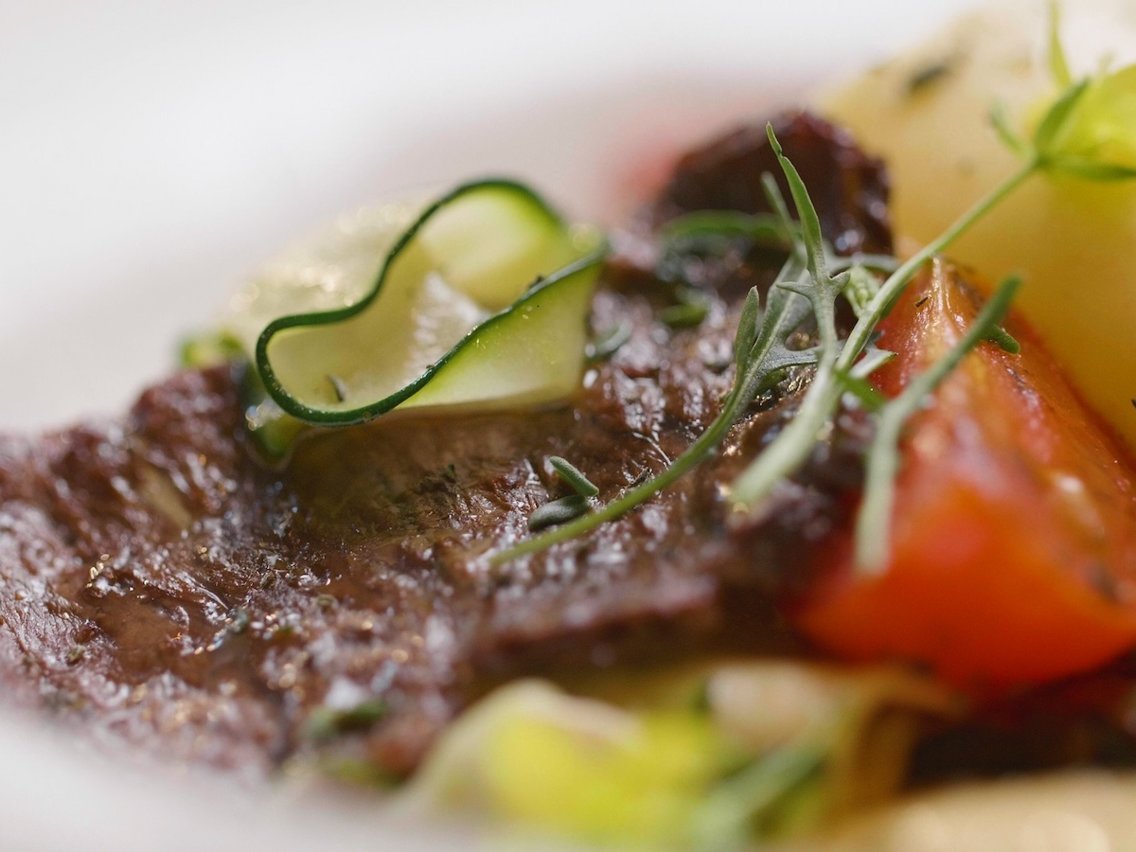
Peace of Meat Showcases Cell Cultured Fat
European cell-based meat startup Peace of Meat showcased their proof of concept in Berlin, Germany. In front of an audience of 100 people, Peace of Meat presented 3 chicken nuggets containing 20% of their cell-cultured fat and 80% plant-based ingredients.
Based in Flanders, Peace of Meat is a new cellular agriculture company working on producing cell-cultured animal fat and liver products. Peace of Meat aims to become a cell-based meat supplier company focusing on avian fat and liver. They initially plan to focus of cell-cultured foie gras. In December 2019, Peace of Meat received a grant of €1.2 million (US$1.33 million) from the Flemish government agency Agentschap Innoveren & Ondernemen in Belgium.
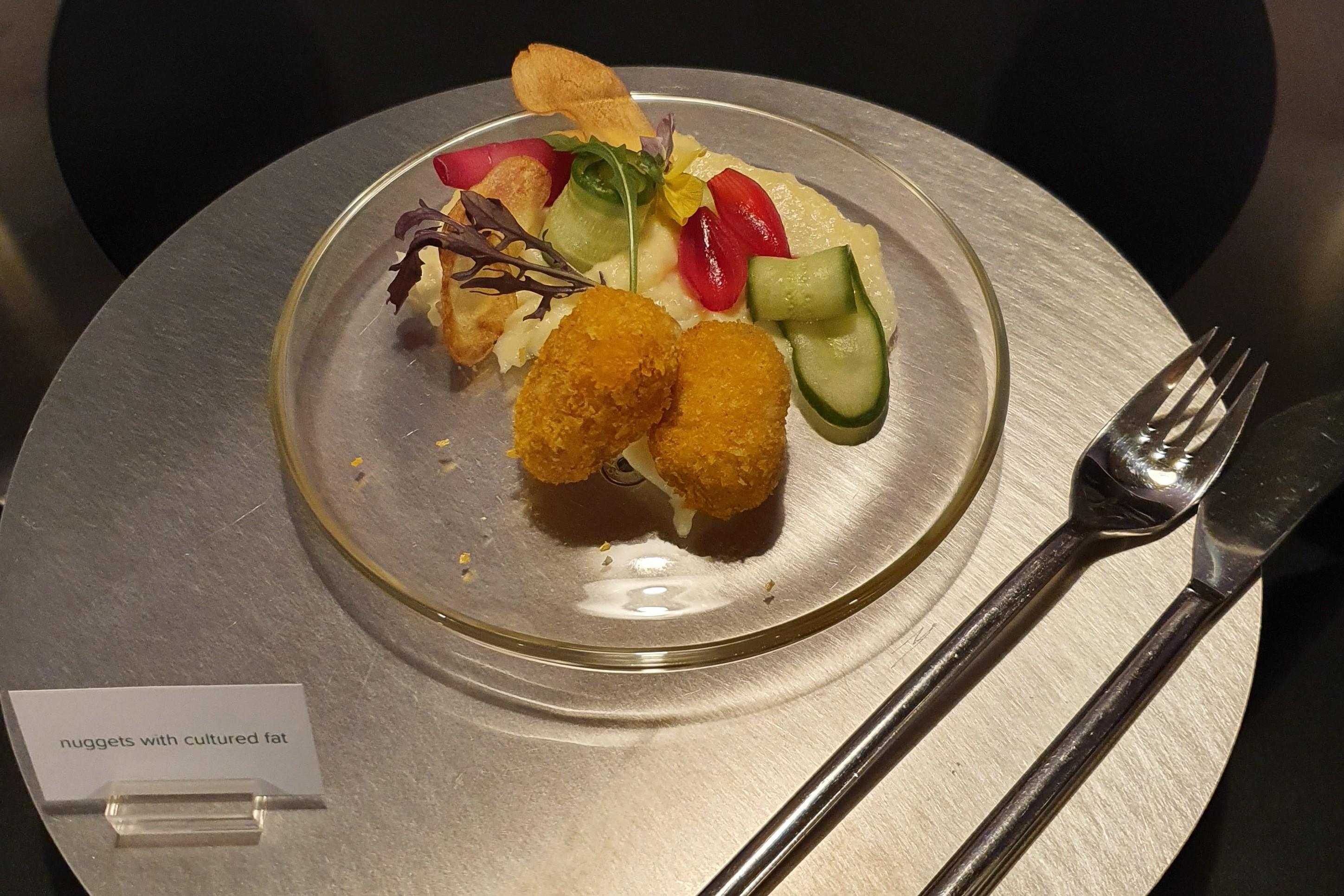
Shiok Meats Lists in Top 10 Most Innovative Companies in Asia
Shiok Meats has been listed by Fast Company as one of top 10 most innovative companies in Asia-Pacific. Based in Singapore, Shiok Meats is the first cell-based meat company in Southeast Asia. The list recognizes innovative companies based on their impact and their accomplishments over the past year, and it’s great to see that Shiok Meats was recognized for their work to create cell-based seafood, specifically shrimp.
The recognition highlights Shiok Meats’ incredible year and achievements in 2019. In April 2019, Shiok Meats raised $4.6 million to complete their seed round of funding. To date, this is the largest seed funding round for any cell-based seafood company. Along with that, Shiok Meats made history by showcasing the first ever cell-based shrimp dumpling in Singapore.
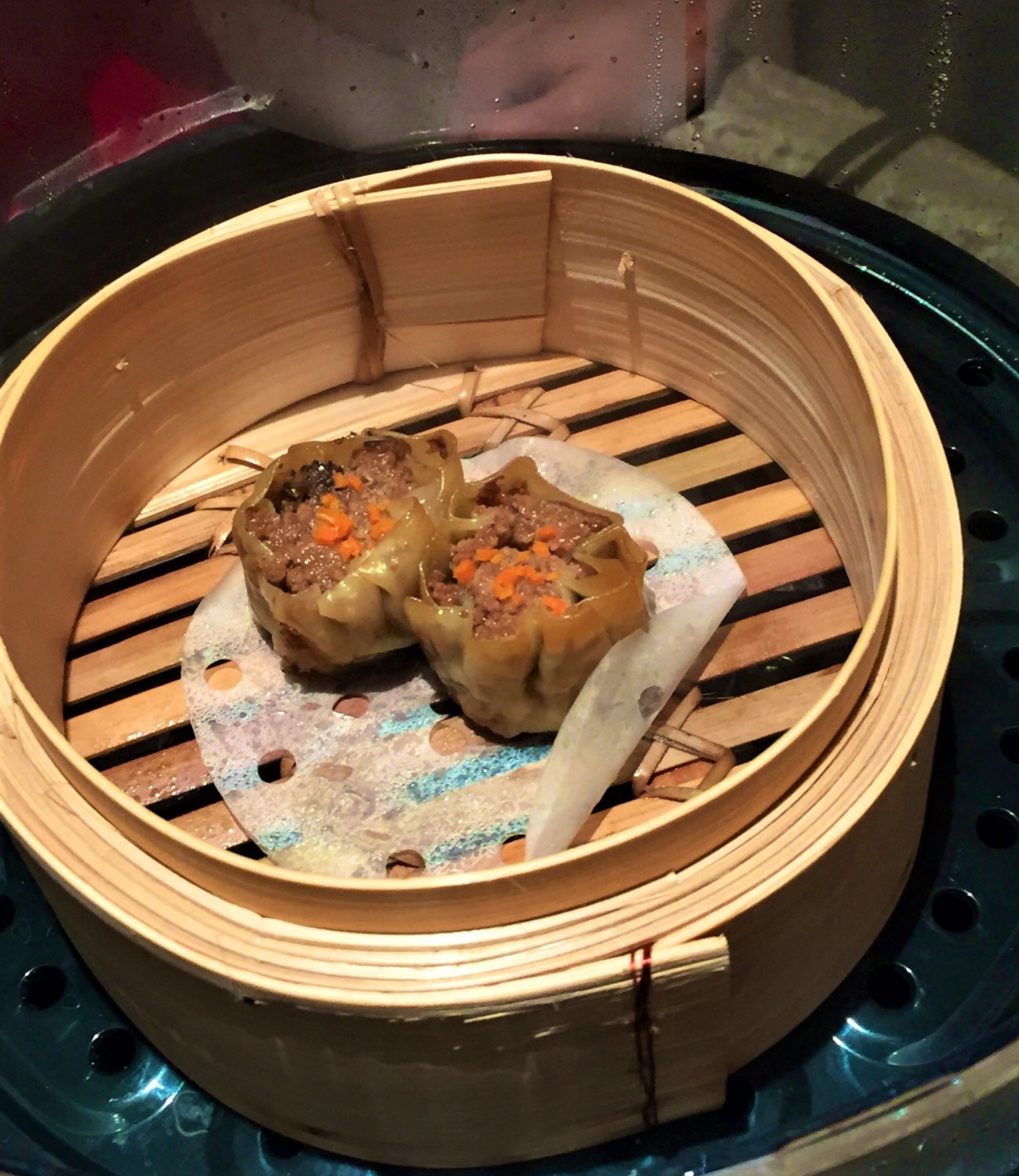
Impossible Foods Raises Massive $500M Funding Round
Plant-based meat company Impossible Foods announced that the company raised a massive $500 million in Series F funding this month. The funding round was led by South Korea-based Mirae Asset Global Investments and featured other participants such as Khosla Ventures, Horizon Ventures, and Temasek. The company plans to use the funding round to expand their research and innovation plans as well as help scale production as the company looks to expand globally with their plant-based products. Earlier this year, Impossible Foods announced the launch of their latest product, a plant-based pork, which they plan to enter the Chinese market with. To date, Impossible Foods has raised nearly $1.3 billion since its founding in 2011.
Atlast Food Co Plans Launch of Mycelium Bacon
Bacon from mushrooms, anyone? Atlast Food Co announced their plans to commercialize their first product later this year: a meatless bacon made from mushroom mycelium, the root-like structures of mushroom. A spinoff from Ecovative Design, Atlast Food Co is also looking to use mushroom mycelium to develop scaffolding and structure for both cell-based meats and plant-based products. Calling the scaffolding brand Excell, developing an appropriate scaffolding is an important step for producing more complex cell-based meat products in the future, like steak or chicken.
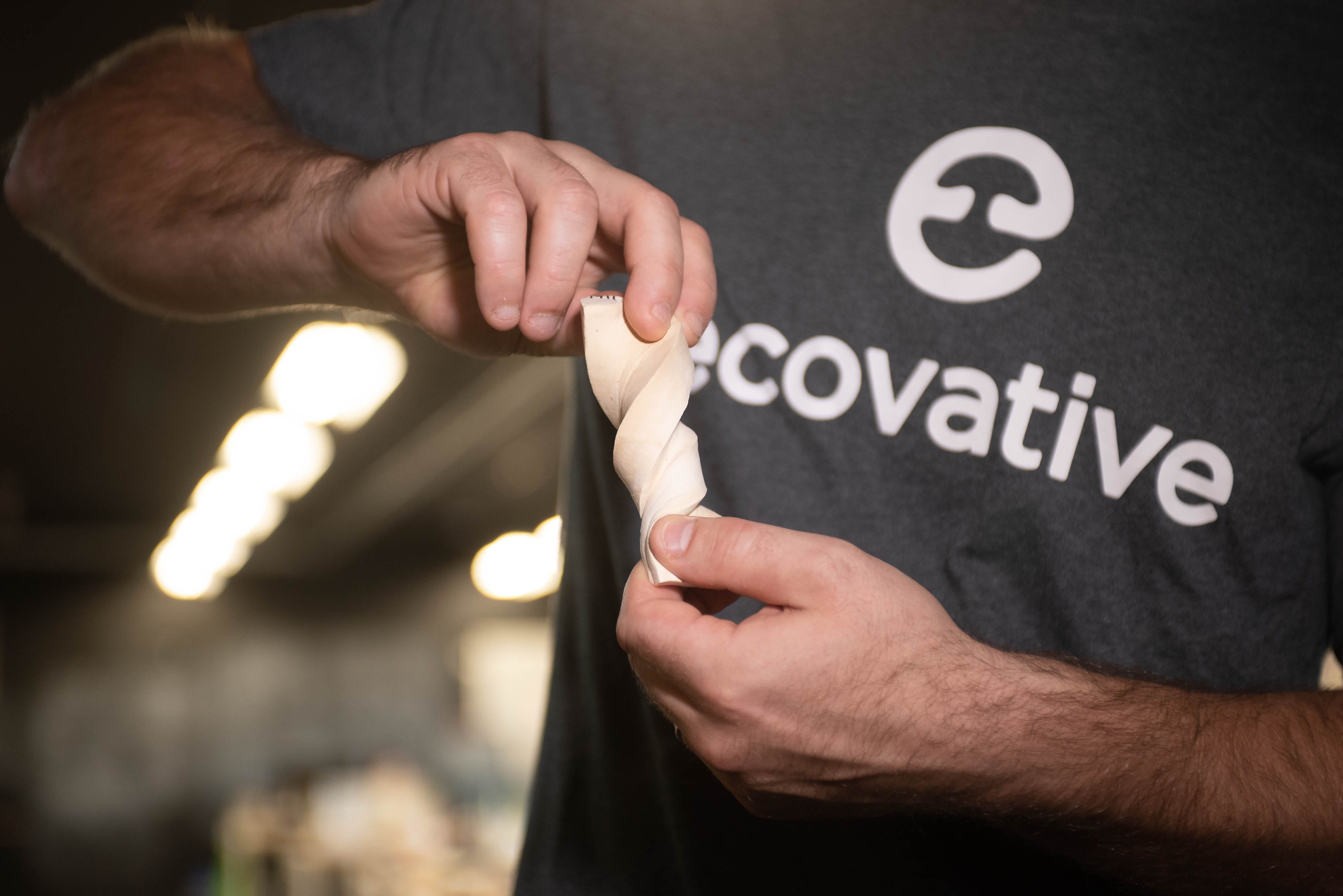
Covid-19 and the Future of FoodTech
As its devastating impact is felt around the world, Covid-19 has put a tremendous amount of stress on national health systems around the world.
As more people around the world are told to self-isolate, there has been a major increase in online food orders. From meal kit and food deliveries to online grocery shopping, more people are trying to order their food online without the need of physically leaving their homes. It will be interesting to see if the sudden rise in demand for e-commerce in perishables becomes the new norm, or if consumers will return to going to supermarkets and restaurants for their meals once this crisis passes.

If the pandemic leads to an economic recession, consumers may have to change their purchasing habits to adjust. It’s unlikely most of them will continue to buy premium, animal-free products. Coupled with investors looking to wait out the next few months, this could spell trouble for foodtech startups looking to raise funding and scale up in the midst of a dual public health and economic shock.
Ultimately, this pandemic may lead to governments questioning what steps need to be taken to prevent another outbreak. As the Chinese government bans wild animal trade, companies and nonprofits have taken the time to write about the connection between zoonotic diseases and harvesting animals. It will be interesting to see how this focus on improving public health outcomes impacts the global food system, including alternative protein sources.
Only time will tell how the Covid-19 pandemic changes our world, including its impact on our food system and the companies working to change it. As this month has shown, from new investments to new research and showcases, there are still companies working tirelessly to improve our food system. For the future of food.
In the meantime, hope you are all staying safe and practicing the necessary public health measures during these unprecedented times.
Stay connected with CellAgri
Join our mailing list to receive the latest news and updates weekly from the cellular agriculture industry. Your information will not be shared.



